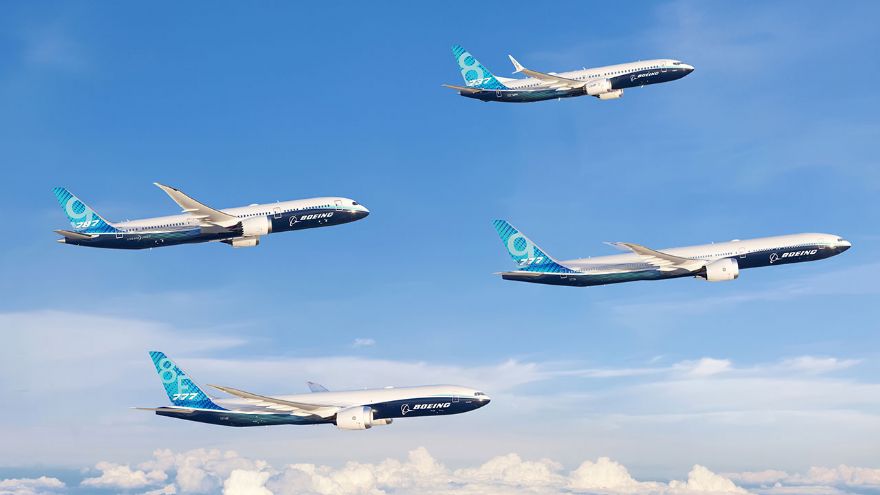
According to
Boeing’s 2024
Commercial Market Outlook (CMO) for China, the country will more than double its commercial aeroplane fleet by 2043 as its aviation industry expands and modernises to meet growing demand for passenger and cargo air travel.
Darren Hulst, Boeing’s vice president of commercial marketing, said: “China’s commercial aviation market for passengers and cargo continues to expand, driven by economic growth and airlines building their in-country networks. As this forecast shows, China’s airlines will see strong demand, requiring further growth of their modern, fuel-efficient fleets.”
Boeing predicts that China’s commercial fleet will grow 4.1% annually, from 4,345 to 9,740 airplanes by 2043, and its annual passenger traffic growth of 5.9% will exceed the global average of 4.7%. The CMO also predicts that passenger volumes will receive a boost as airlines grow their networks by connecting major hubs to smaller cities.
Further predictions include that: air travel in China will become the world’s largest traffic flow, driving growth in the single-aisle fleet, which accounts for more than three-quarters of deliveries; China will have the world’s largest widebody fleet, with demand for 1,575 new widebody aeroplanes; and that China’s freighter fleet — including dedicated and converted models — will nearly triple with demand stimulated by its booming e-commerce sector.
Regarding additional aviation industry growth potential, Boeing says: Chinese carriers will need aviation services worth $780 billion to support the growing fleet, including digital solutions, maintenance and modifications; also, that its airline industry will need to hire and train nearly 430,000 new personnel to support new pilots, maintenance technicians and cabin crew.
Boeing says that for more than 50 years, the company’s aeroplanes have been the mainstay of China’s civil aviation passenger and cargo transportation systems, adding that it is the largest customer of China’s aviation manufacturing industry with more than 10,000 Boeing airplanes flying with China-made parts. Indeed, Boeing activity in China ‘contributes more than $1.5 billion annually in direct support of China’s economy’, including suppliers, joint ventures, operations, training, and research and development investment.